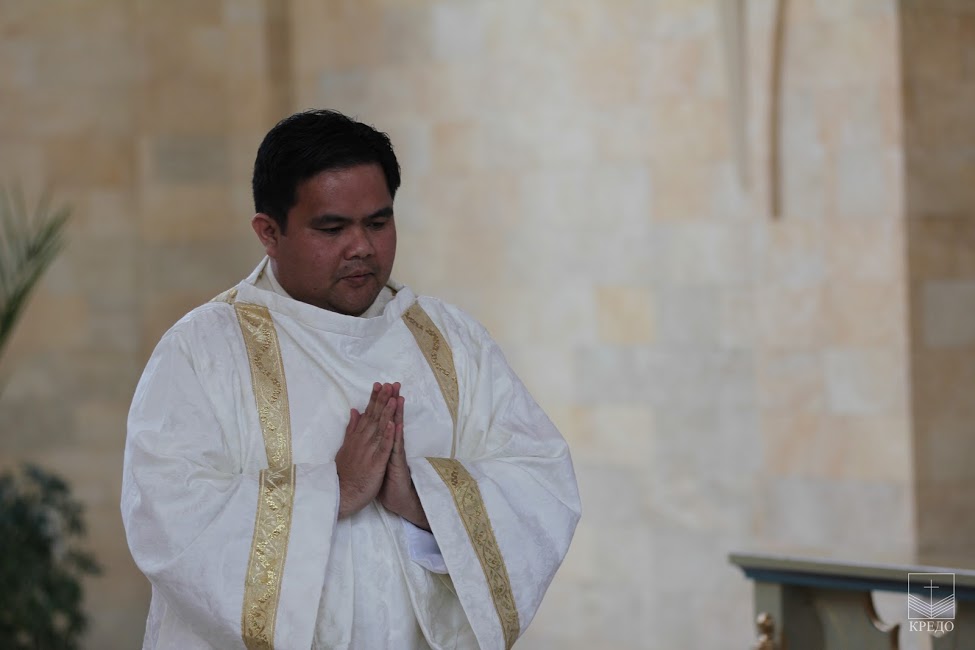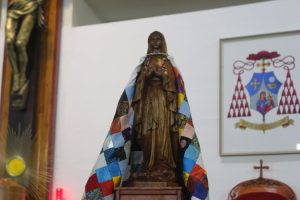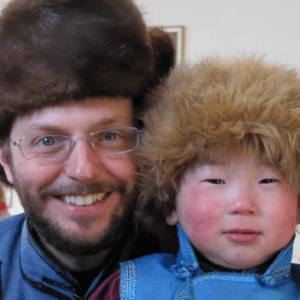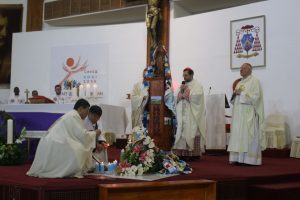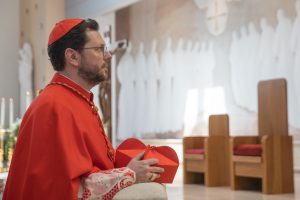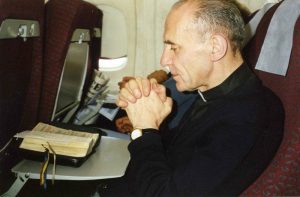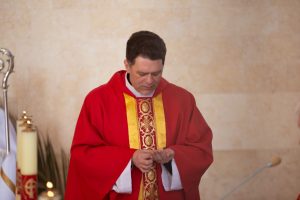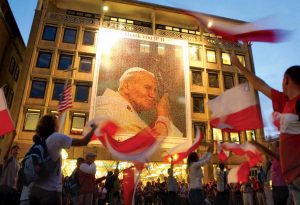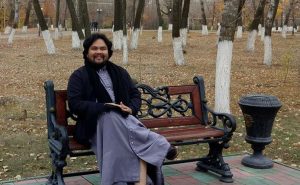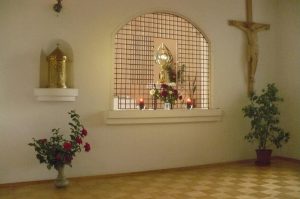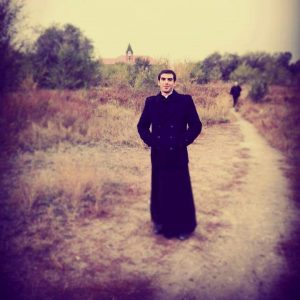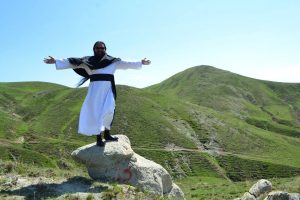Probably each person is convinced or influenced by one’s own experiences, that life is a fascinating thing which knows how to surprise a person. But some stories about such surprises are incredible. It seems that the character of our cycles, Patrick Milan Napal, at one time could not imagine why and how he would get to where he is now. On the 2nd of April, an important event awaits him – ordination to the priesthood. Let’s go along with him these weeks on the path that he has taken from that simple Filipino boy to a Kazakh deacon so far, and by the end of our cycle – a priest.
Part 1. Philippines
-The Philippines … Such a distant, and such a different country compared to Kazakhstan, despite the fact that it is also an Asian country. And mostly Catholics live there. Tell us about your family.
– I was raised in a family that has been Catholic for several generations. Among my relatives there were many priests, monks and nuns. So, on the one hand, it may not seem surprising that I embarked on the path of the priesthood as well. As a child and a teenager, I served during the Holy Masses as an altar boy. Later I worked as a catechist teaching at school.
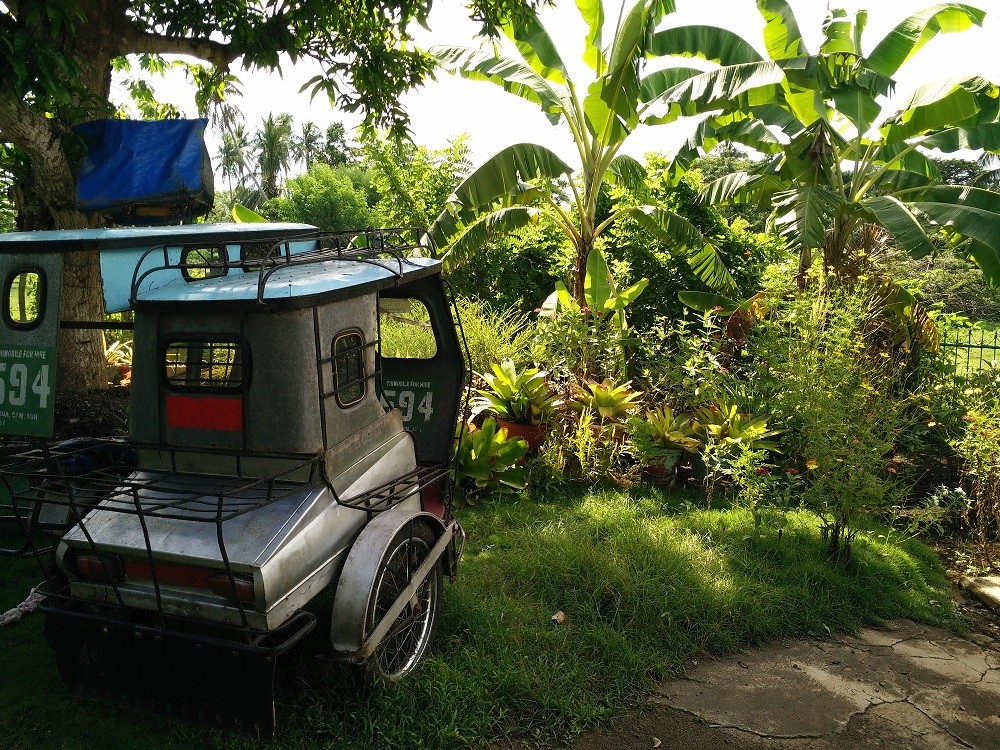
– In such a religious environment it may even be harder to understand that you hear the Lord’s call to serve as a priest. How was it with you?
– For the first time I heard the call when I was 5 years old, no matter how strange it may sound. Of course, then I did not understand that it was a vocation. Only now, when I recall the events of that time, I understand what it was. Once, when I was at Mass together with my parents and my sister, I heard a voice in my heart, which said: “I want you to be with Me.” And then, although I was a little boy, I realized that I would become a priest, because, looking at the priest who served the Mass, I felt and clearly imagined that one day I would be standing in his place and serve the Mass as well. And when I later became an altar server, I almost felt like a priest already, because the robe of altar servers in the Philippines is very similar to the robe of a priest.
– But you also entered the monastery very early. Although from the monastery from which you began your journey to the priesthood, you moved to another one. Is this related to such an early entry to this path?
– Indeed, I entered the monastery when I was only 16 years old. And partly my departure from the monastery is connected with this. Because I did not leave specifically monastic life. The first community was not for me. But I am very grateful to them for who I am now, for the first 7 years of my monastic life, for the formation. All of it I received from them. My departure didn’t mean that I didn’t have a vocation. Just at that time I felt that I needed to leave. I did not run from there, but I left going somewhere. When I first came to the monastery, everyone said that I was very young. And I had a desire to check whether it was really God’s will for me to be a monk, so I asked for permission to leave – and I left.
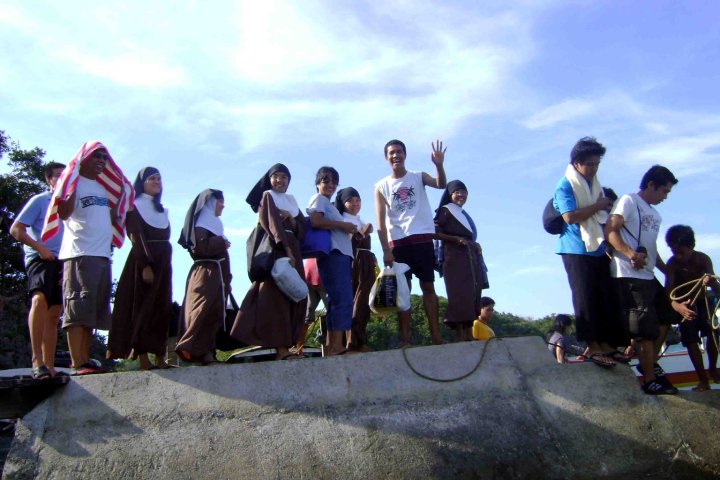
-What was the experience of living outside the monastery?
– I worked hard to help my family, because I am from a poor family. During the day I taught Italian, and at night I worked at a call center where people from different countries of the world called to get information about the company’s products. I had left the monastery for three years. Of course, I was used to living like a monk. But the new experience was very interesting. In a place where I worked at night, there were a lot of young people who were lost spiritually. Almost everyone knew that I used to be a monk. And that little corner, which was my workplace, was constantly busy. At each work break I had a schedule. There were so many people who wanted to talk to me that I had to write down when and who would come to me. Then I realized that our youth were a little wild. The way they talked and the things they spoke to me about just terrified me: their language, stories about sexual promiscuity. Suddenly I found myself in that place. It was a great experience for me, because my small workplace in the office became a kind of room for spiritual conversations with people. While I thought I had left the monastery, it turned out that I was involved in a process that even more closely resembled the ministry of those in the monasteries. It is hard to imagine how many young people were in need of such conversations.
– So you found yourself in the ministry of youth?
– No, not only. On Sundays I went to work in a hospital for the mentally retarded. While I was outside the monastery, I founded a small group called “Servants of Mercy”, which consisted of two men and three women. With the permission of the bishop, we helped people, children. We contributed money from our salaries to feed the poor and hungry. We also worked in the hospital, where we served as medics, washed those people who could not serve themselves. It was a very fruitful time. There we participated in the Holy Mass together with the sick. There was one very touching moment. We decided to celebrate Christmas not with our families, but with the people who were in that hospital, because they had no families. When we prayed “Our Father”, and during this prayer in the Philippines we traditionally hold each other’s hands, I suddenly realized that those people who were, in fact, crazy, they were my brothers and sisters, and we had a common Father. It was the moment I decided to go back to religious life.
How this decision brought Patrick to Russia, read here.
